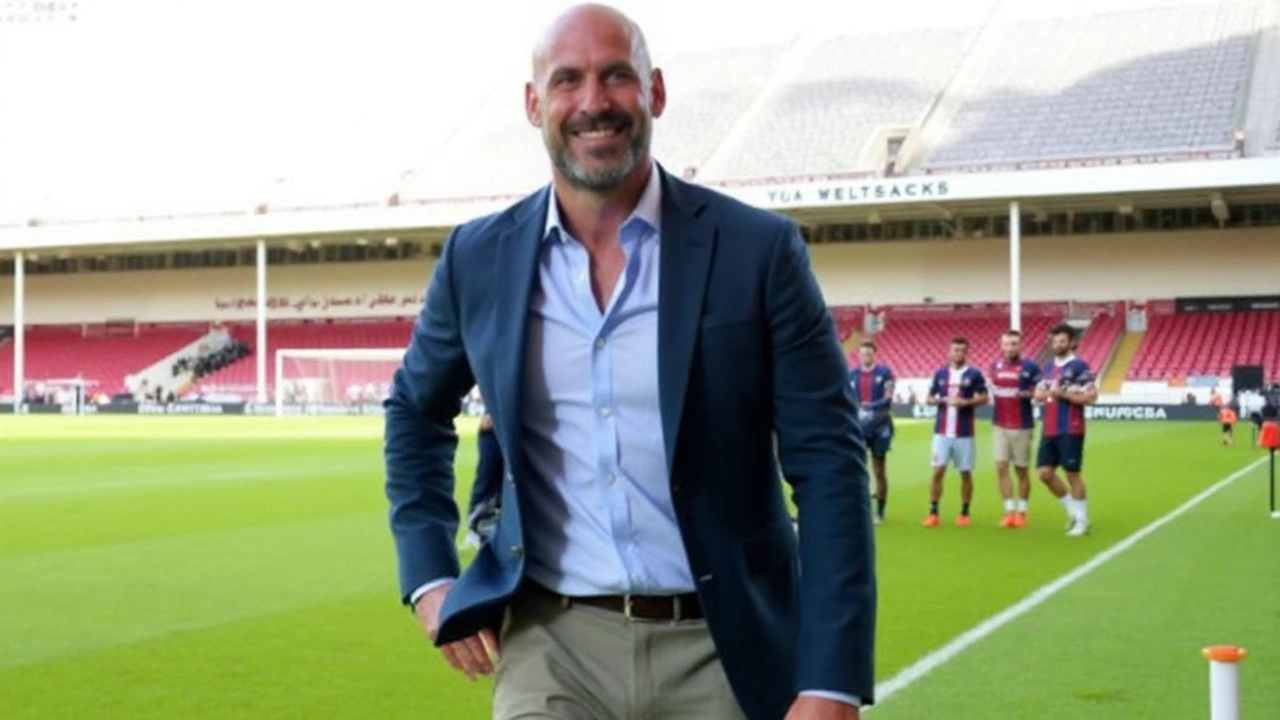Monchi – The Football Mind Behind Big Transfers
When you hear Monchi, the nickname of Ramón Rodríguez Verdejo, a Spanish sporting director famed for turning clubs into trophy‑winning machines. Also known as Ramón Rodríguez Verdejo, he reshapes squads by spotting talent before anyone else does.
Monchi works as a sports director, the executive who plans player recruitment, negotiates contracts, and sets long‑term strategy for a football club. This role links directly to the transfer market, where clubs buy and sell players. A good sports director influences the market by creating demand for undervalued talent, which in turn drives up prices for rivals. In short, Monchi’s scouting reports can change the balance of power between teams.
How Player Recruitment Shapes a Football Club
At the heart of Monchi’s success is his eye for player recruitment, the process of identifying, evaluating, and signing footballers who fit a club’s tactical vision. He blends data analysis with gut feeling, spotting youngsters in lower leagues who later become stars. When a club signs the right player, its on‑field performance improves, fan engagement rises, and revenue from merchandise and broadcasting grows. That chain—recruitment to revenue—shows why clubs invest heavily in a strong sporting department.
Every transfer window, Monchi’s decisions ripple through the football club, the organization that fields a team, manages staff, and competes in domestic and international competitions. A well‑executed signing can lift a mid‑table side into title contention, while a misstep can set a club back for years. The connection between a club’s strategic goals and the talent it acquires is why fans often debate the merits of a director’s choices as passionately as they do a manager’s tactics.
Monchi’s philosophy also stresses sustainability. He prefers players with resale value, meaning a club can profit later by selling them at a higher price. This creates a virtuous loop: smart recruitment fuels profit, profit funds more scouting, and better scouting yields even smarter recruitment. The loop illustrates the semantic triple: Monchi → player recruitment → transfer market, and player recruitment → football club success → financial growth.
Beyond the boardroom, Monchi’s influence reaches fans and media. When a club announces a new signing sourced by him, headlines focus on the “Monchi touch.” That brand value boosts a club’s marketability, attracting sponsors and expanding the fanbase globally. It’s a reminder that a sports director’s impact isn’t confined to contracts; it shapes the club’s identity.
For anyone curious about how modern football clubs operate behind the scenes, understanding Monchi’s methods offers a clear roadmap. You’ll see why data, intuition, and strategic timing matter more than sheer spending power. The articles below dive deeper into specific cases, from breakthrough academy graduates to blockbuster transfers, all echoing the principles outlined here.
Ready to see these ideas in action? Below you’ll find a curated list of posts that break down Monchi’s most famous deals, explore the role of a sports director in today’s game, and explain how player recruitment affects the transfer market and club fortunes. Let’s get into the details.
